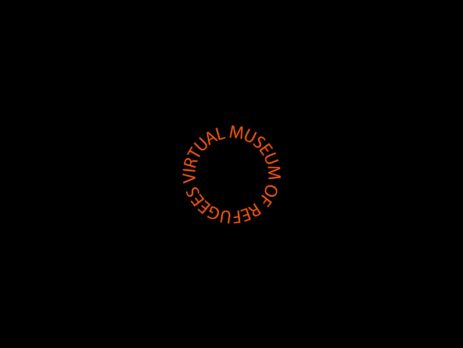Dren Berishaj
https://museumofrefugees-ks.org/wp-content/uploads/2023/01/Dren-Berishaj.mp3 Interviewer: Thank you for today’s conversation. We would start slowly from... how do you remember the beginning of the war in Kosovo. Where were you? How old where you? Whatever memory you have of that period when they start...when the war starts? Dren Berishaj: Define beginning of the war for me. Interviewer: Shortly before the NATO bombings. Dren Berishaj: I would start from a little earlier... Interviewer: Ok. Dren Berishaj: ... you know, the moment when the refugees started arriving in Pristina. Interviewer: Ok. Dren Berishaj:...

